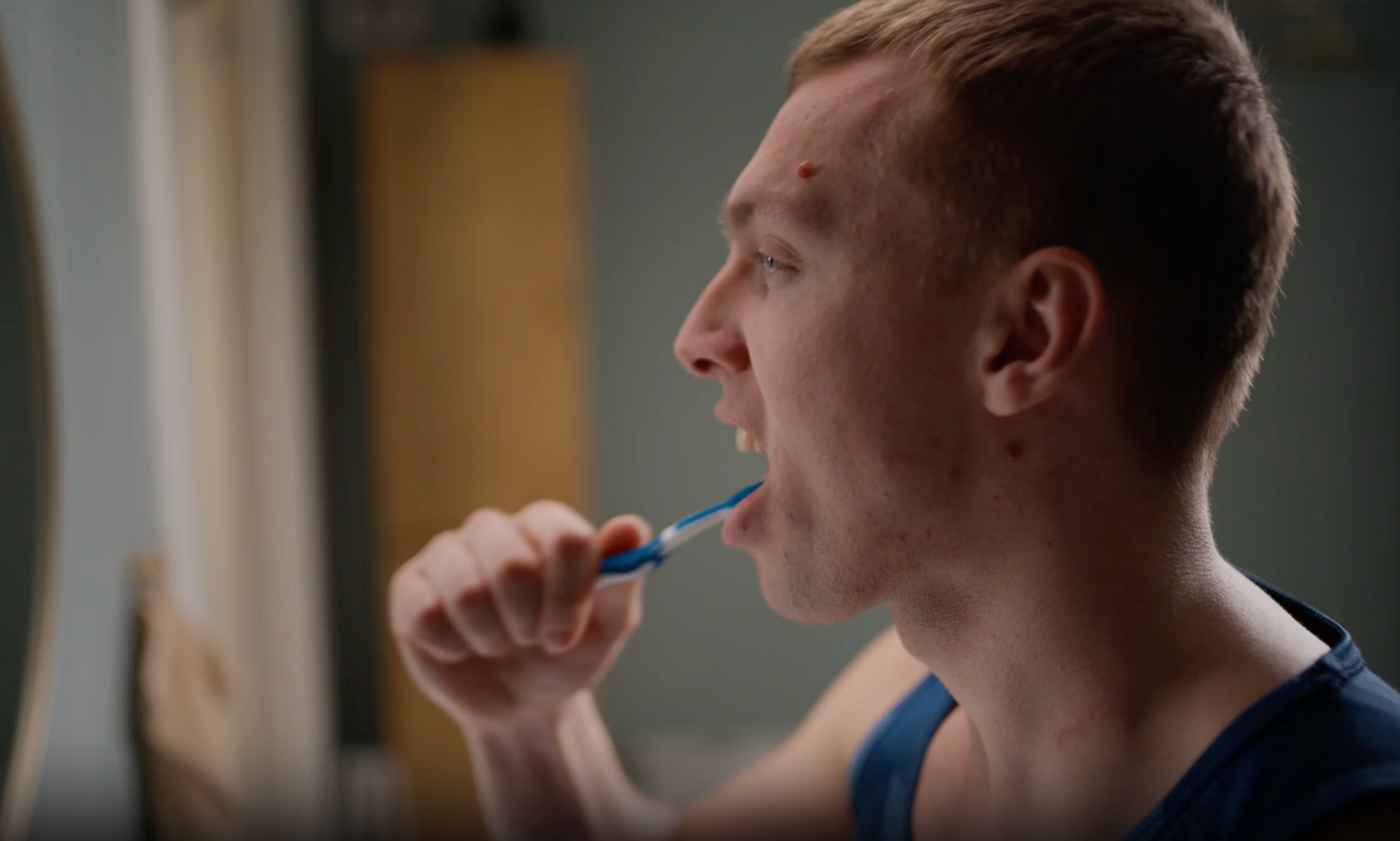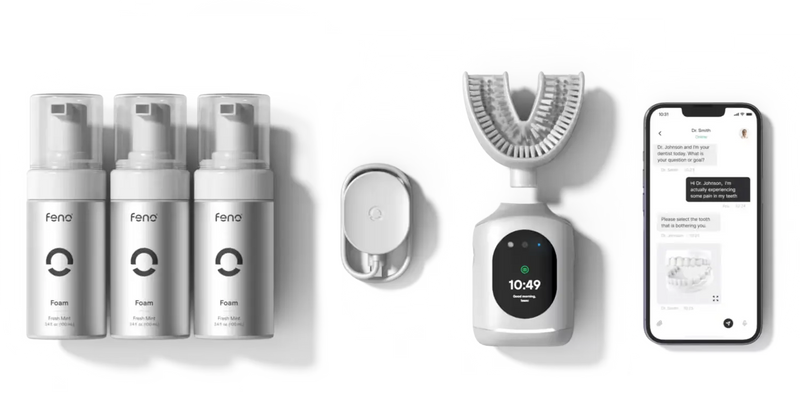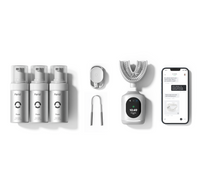
Autism and Dental Health: Breaking the Cycle of Neglect and Anxiety
Essential Takeaways
- Autistic adults can overcome dental trauma through evidence-based professional care combined with sensory-friendly technology that makes daily oral hygiene sustainable and routine-friendly.
As an oral and maxillofacial surgeon, I've witnessed the devastating cycle that many autistic adults face with dental care. The combination of sensory sensitivities, routine disruptions, and past neglect creates a perfect storm that can lead to severe oral health complications. If you're struggling with this reality, know that you're not alone and there is hope.
The Hidden Crisis: Autism and Oral Health
The research reveals a troubling reality:
- Adults with autism have a significantly higher risk of developing periodontitis, with studies showing a hazard ratio of 2.01 compared to neurotypical individuals
- 68% of autistic children with anxiety disorders experience clinically significant dental anxiety rates that likely persist into adulthood
- Only 35% of autistic adults receive regular preventive dental care, creating dangerous gaps in oral health management
- Autistic individuals develop periodontitis 4 years earlier on average than their neurotypical peers
The sensory challenges that affect the vast majority of people with autism make dental visits overwhelming. Bright lights, unfamiliar sounds, textures, and loss of control can trigger severe anxiety and meltdowns. Combined with executive function challenges that make maintaining daily routines difficult, many autistic individuals find themselves trapped in a cycle of avoidance until pain forces emergency intervention.
Understanding the Cascade Effect
When oral hygiene routines break down, the consequences extend far beyond your mouth. Research consistently shows that poor oral health directly increases risk of serious systemic conditions:
- Oral bacteria can directly enter the bloodstream through inflamed gums
- Chronic oral inflammation contributes to atherosclerosis and stroke risk
- Studies show strong correlations between periodontal disease and heart disease
- Gum disease makes blood sugar control more difficult in diabetics
- Chronic oral inflammation can contribute to insulin resistance
- The relationship between oral health and diabetes is bidirectional—each condition worsens the other
- Poor oral health is associated with increased rates of depression and anxiety
- Dental pain and aesthetic concerns can worsen social isolation
- The shame cycle of dental neglect compounds existing mental health challenges
For autistic individuals already managing complex health challenges, these additional risks demand urgent attention.
Breaking Free: A Compassionate Path Forward
Immediate Steps:
- Find an autism-friendly dentist who understands sensory needs and communication styles
- Request pre-visit consultations to familiarize yourself with the environment
- Discuss sedation options to manage anxiety and sensory overload
- Bring sensory comfort items (noise-canceling headphones, weighted blankets, fidget tools)
- Schedule appointments during optimal times when you're most regulated
Long-term Prevention: The key to breaking this cycle lies in making oral care accessible and routine-friendly. Traditional brushing can be overwhelming the texture of toothpaste, the duration required, and the complex motor skills needed often create barriers.

Innovative Solution: How Technology Can Help
This is where innovative oral care technology shows promise. Research demonstrates that smart toothbrush systems can significantly improve brushing frequency and independence in autistic children. The Feno Smartbrush system addresses many autism-specific challenges:
Sensory-Friendly Features:
- 20-second brush time dramatically reduces sensory exposure compared to the recommended 2+ minutes
- Simplified motor requirements. Minimal hand coordination needed
- Routine consistency with automated timing removes guesswork
Anxiety-Reducing Benefits:
- Home-based monitoring reduces need for frequent dental visits
- AI-powered health insights provide objective feedback
- Personalized TrueFit mouthpiece ensures consistent, comfortable fit
- Visual progress tracking through the Feno Plus app, provides positive reinforcement
The Feno system's strength lies in making oral care accessible and routine-friendly, particularly beneficial for those who struggle with traditional brushing methods.
Your Path to Healing
Recovery from severe dental neglect requires professional intervention. There's no substitute for addressing existing damage with qualified dental care. However, prevention of future problems can start immediately with the right tools and support systems.
Professional Care First:
- Seek trauma-informed dental treatment
- Consider sedation options for complex procedures
- Work with providers experienced in autism care
Prevention Technology Second:
- Implement consistent home care routines
- Use assistive technology that reduces barriers
- Monitor progress with objective feedback
Remember: your dental struggles don't define you. With compassionate professional care and supportive technology, you can break free from the cycle of neglect and anxiety.

Feno Founders Edition Bundle
Advanced Oral Health in 20 Seconds with the Feno Smartbrush™
Get Yours Now!





